Many of us experience times when we focus on what we don’t have or the ways we’re struggling with life circumstances. Whether you’re suffering from substance use disorder (SUD), depression, or any other kind of mental disorder and dual-diagnosis, it’s common for negative thoughts to constantly warp our perception of things. Often, when we’ve fallen deep down the rabbit hole of our mental illness, it is nearly impossible for us to be able to focus on the blessings of our lives or the things we have to be grateful for.
Learning to practice gratitude during your addiction recovery and making it a regular part of your recovery regime is transformative. Not only will it allow you to focus on the positive parts of life despite the hard parts, but it may slowly but surely begin to make you think more positively. It is important to understand the dangers of negative thinking as well as the power that positive thinking can have on your life. If you struggle with practicing gratitude within your recovery and hope to learn how to, we hope to help you learn.
Why Should We Prioritize Practicing Gratitude?
Believe it or not, research has been conducted regarding the importance of practicing gratitude, how it can improve happiness, and even change the brain. Educational institutions like Berkeley and Harvard have published articles regarding such research. One study, in particular, had individuals write gratitude letters upon three months of therapy. Those who did write the gratitude letters had more activity occurring in the medial prefrontal cortex, indicating that just one simple practice of gratitude can affect the most powerful organ in the body.
Psychologists from the University of California and the University of Miami have also extensively researched gratitude. Similarly, they focused on having individuals write feelings of gratitude and others write feelings of irritation. After about 10 weeks, the individuals tasked with writing thoughts of gratitude were generally more positive. While research studies like these are not always clear-cut and 100% accurate, in a nutshell, they all seem to convey the same idea: Gratitude has a profound effect on us, our brains, and our ability to see any life situation more optimistically.
How You Can Begin Practicing Gratitude
Practicing gratitude is not necessarily something that will happen overnight. Some have a predisposition to practice gratitude naturally, but for others, it takes some effort. The core of gratitude is rooted in mindfulness and self-reflection. One way for you to practice gratitude today is by starting a gratitude journal.
Whether you journal in it daily, or even just weekly, the practice of sitting down and reflecting on your life can remind you of the blessings you have to be grateful for. Not only will a gratitude journal force you to stop and self-examine the blessings in your life, but it will also document them. So, when you’re having a typically hard day and feeling in a rut, flipping through your journal can help to remind you of what you’re grateful for, helping you to get out of that rut.
Another common way people can practice gratitude is through generosity. Such things as volunteer work, giving to charity, or even simple acts of kindness like paying for the next person’s coffee in a drive-thru can all compel you to practice gratitude. The relationship between gratitude and generosity is interconnected. By prioritizing being generous, it motivates you to continuously feel gracious for the random acts of kindness you experience yourself. You enter into a cycle of gratitude that allows you to feel like you’re always putting the best energy out into the universe.
How Gratitude Influences Our Recovery
Gratitude is a key component to happiness as it has physical, psychological, and social benefits. Practicing gratitude will decrease your stress level, help you sleep better, and even lower your blood pressure. Additionally, you’ll feel more motivated to return to or start new activities and hobbies in recovery. You may begin feeling more optimistic about your recovery and life in general, and you’ll want to spend more time around others in recovery or who bring joy to your life. Making time to be by yourself is important for the self-reflective parts of recovery, but practicing gratitude will help you ultimately feel less isolated, which is essential for a successful recovery.
If you are struggling to practice gratitude within your addiction recovery, we encourage you to reach out to The Ohana Addiction Treatment Center for extra support. We can help you try new things like keeping a gratitude journal or practicing mindfulness. The Ohana’s holistic treatments are particularly effective for practicing mindfulness.








